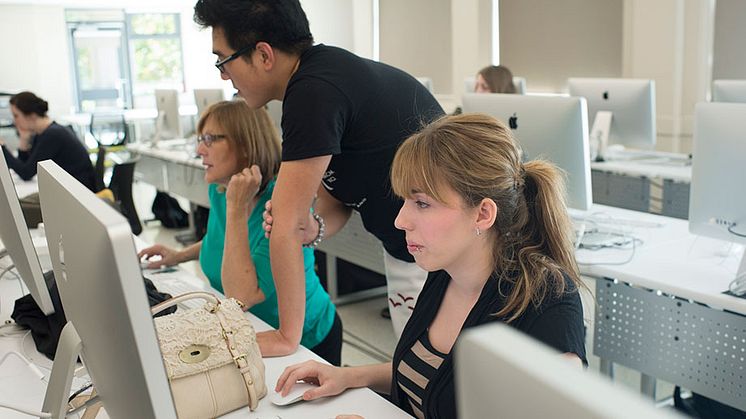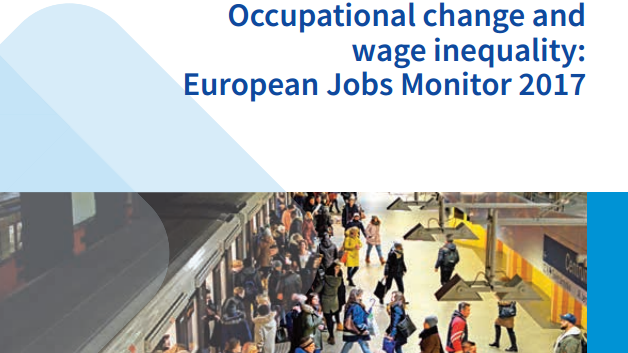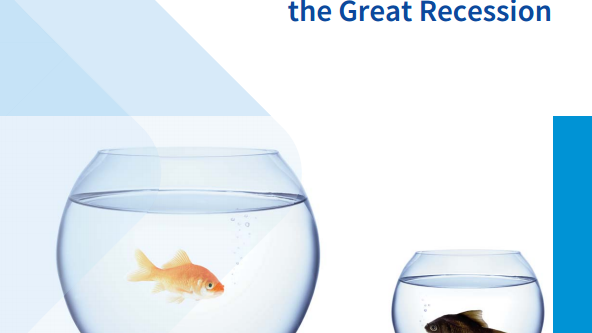
News -
Aspects of non-standard employment in Europe
There was previously a significant increase in the temporary employment rate, particularly since the late 1980s. This occurred, for example, in France and Spain between 1985 and 1995, Sweden in the early 1990s and Germany in the early 2000s. More recently, the large increase in Poland was particularly striking, rising from only 4.6% in 1999 to 28.2% by 2007. However, in the last decade, there has been no upward trend in the rate of temporary contracts overall in the European Union; indeed, there was a slight decline from 14.5% in 2006 to 14.2% in 2016.
The new report Aspects of non-standard employment in Europe examines developments in non-standard employment over the last decade. It looks at trends in the main categories of non-standard employment – temporary, temporary agency and part-time work and self-employment – based mainly on data from the European Union Labour Force Survey.
It discusses some aspects of the labour market situation of workers in these categories including wages and the extent to which they would prefer a standard employment status.
The report includes a specific focus on work mediated by digital platforms, which is the most innovative of the new forms of employment that have emerged in the past decade. Digital platform work is thought to have considerable potential for growth but also to present challenges related to working conditions and social protection.
Social protection issues surrounding other new forms of employment, as identified in earlier Eurofound research, are also highlighted.
Download the report: Aspects of non-standard employment in Europe





